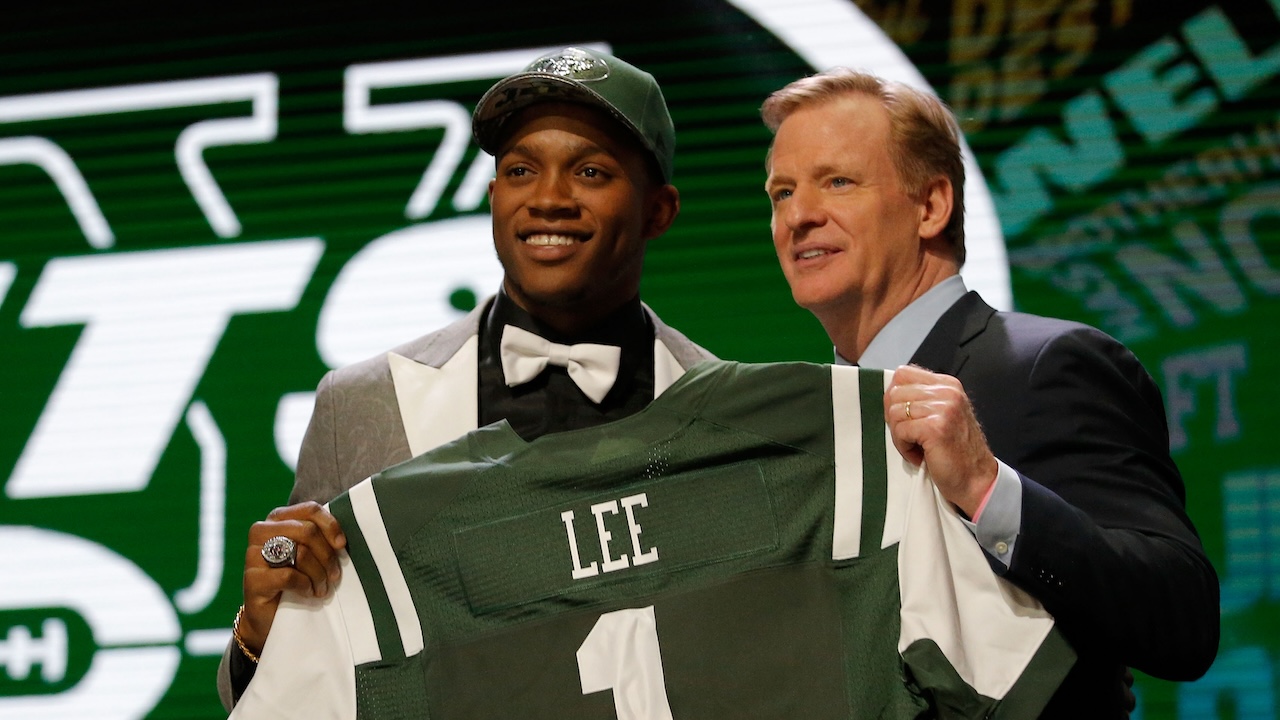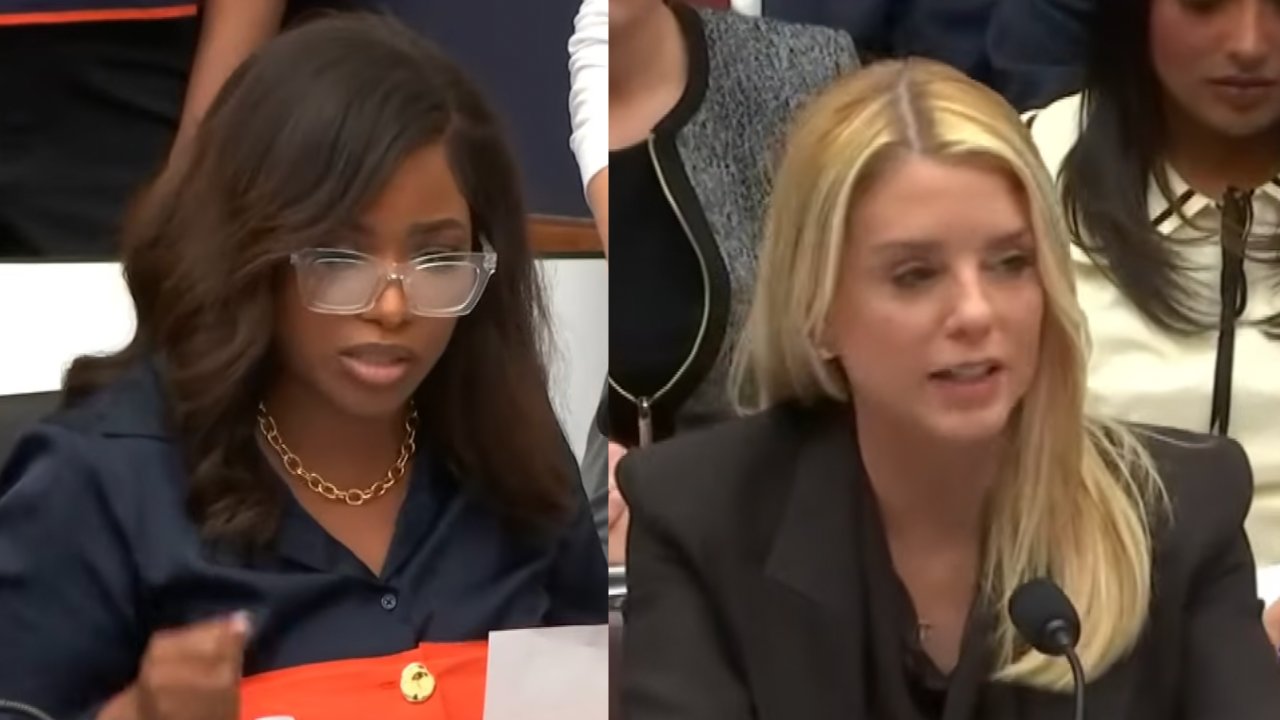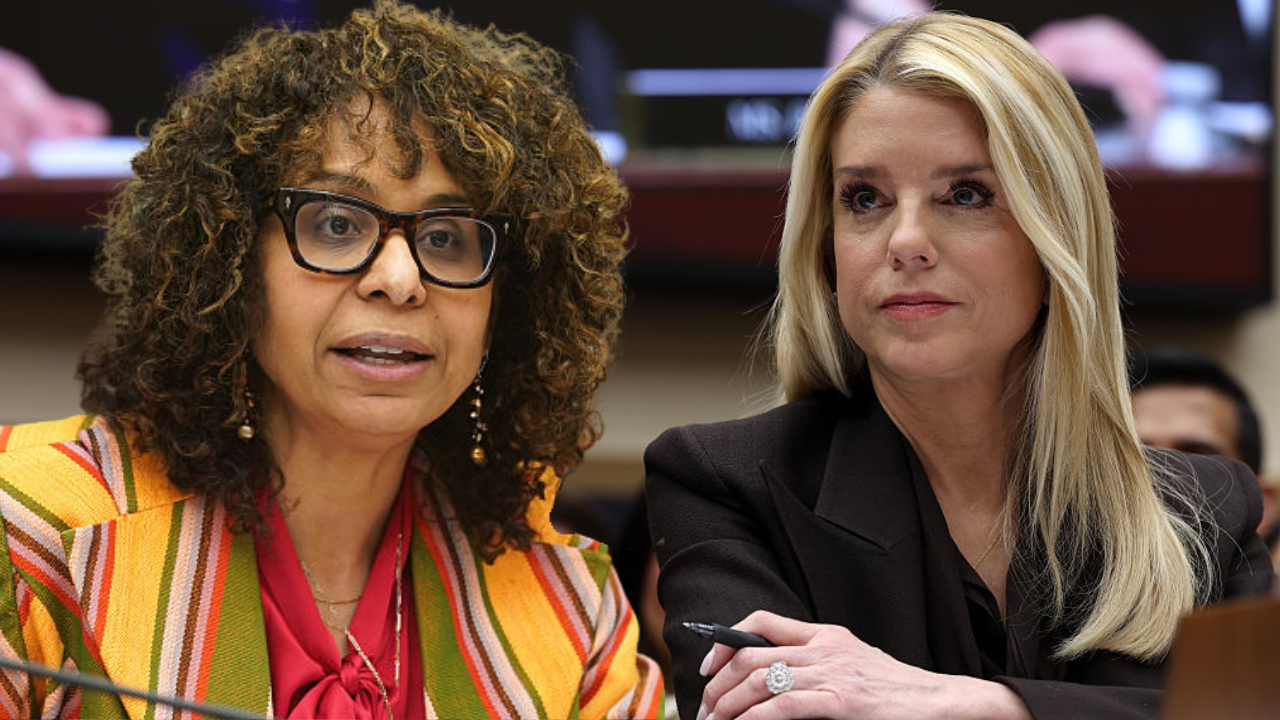Jerry Jones is dark cloud Dallas Cowboys can’t escape

“I really have added it up, and you don’t need philosophy here but … When I look back on my life, I overpaid for my big successes every time. And when I tried to get a bargain, get it a little cheaper or get a better deal on it, I ended up usually either getting it and not happy I got it. Or missing it.” — Jerry Jones
The quiet part has been mentioned aloud for years. Now it’s time to etch it in stone. Dallas Cowboys owner, president and general manager Jerry Jones – as savvy a businessman that American professional sports has seen – couldn’t give a damn about winning football games. Expecting that to change is a futile exercise in pigskin insanity.
Not when Jones, according to Forbes, is personally worth $17 billion. Not when the Dallas Cowboys — the struggling franchise he purchased in 1989 for $150 million — are now worth $10.1 billion. And not when the Cowboys have taken home the title of the world’s most valuable team for a staggering ninth consecutive year.
Yet, despite playing Monopoly with real cash, here’s also another uncomfortable truth: Jones has a history of making players, many of whom are Black, openly plead for new paydays.
Cowboys training camp opened this week in typical Cowboys fashion: very little about the on-the-field product and everything about the drama (and business) off of it. The NFL’s most visible and charismatic owner, Jones, and arguably the league’s best defensive player, Micah Parsons, find themselves in a public, $100 million kerfuffle.
In a league no stranger to holdouts for bigger bottom lines, the superstar edge rusher is the current face of said discontent (even though he’s technically a “hold-in” since he is at camp). Parsons wants, and given his historic production since entering the league in 2021, feels he deserves a contract in line with what T.J. Watt, Maxx Crosby and Myles Garrett received this offseason. All three defensive stalwarts’ deals were signed before training camp. Jones, as has become an uncomfortable and frustrating tradition, isn’t in a rush.
The visible discomfort between the two sides isn’t new. In April, Jones said at the league’s annual meetings that he was unaware who Parsons’ agent, David Mulugheta, was. Of Parsons and a potential deal, Jones, on Monday, all but threw the player responsible for reshaping and headlining Dallas’ defense this decade under the bus — with his star quarterback Dak Prescott catching a stray, too. Jones’ pettiness might be impressive if it weren’t so maddening for Cowboys fans.
“Just because we sign him doesn’t mean we’re going to have him,” he said of Parsons. “He was hurt six games last year. Seriously, I remember signing a player for the highest-paid [salary] at the position in the league, and he got knocked out two-thirds of the year — Dak Prescott. So there’s a lot of things you can think about, just as the player does when you’re thinking about committing to and guaranteeing money.”
Softly alluding to star cornerback Trevon Diggs’ injury and rehab history, what Jones failed to mention about Parsons was that after he missed four games, he put together one of the great stretches for any pass rusher last season. The four-time Pro Bowler registered 7.5 sacks over a six-game span, including three multi-sack outings. Nevertheless, Parsons responded ominously.
“There’s not really much movement [on a new deal], man. I want to be here,” he said. “I’ve always stated I want to be here, but you know, at the end of the day, they sign the checks like always. Let’s see if they want me to be here at the end of the day. … At the end of the day, I’m here for my teammates. I’m not here to please another grown man. I’m here for these guys. I’m not here for him.”
Parsons has tallied at least 12 sacks in all four seasons he’s been in the league. The total of 52.5 in his first four years placed him in a class with only Reggie White, Derrick Thomas, Dwight Freeney, J.J. Watt and Cowboys legend DeMarcus Ware. If the situation were simply about the money, Parsons would already be paid. But it’s not. It’s about the one thing that money affords — but holds more value.
Unsurprisingly, this is about power.
Richard Rodriguez/Getty Images
A lack of Black representation has been a persistent issue in the NFL across generations, including the quarterback position, head coaching roles, and front office personnel. Black players make up nearly three-quarters of the league, so, in a sense, it’s understandable that many of Jones’ high-profile contract clashes have come with Black players. This includes the aforementioned Prescott and his top receiving target CeeDee Lamb last season, future Hall of Fame lineman Zack Martin (who is white, for context) in 2023, Ezekiel Elliott in 2019 and Dez Bryant in 2015. In Martin’s case, Jones ironically stated the need to save money for Parsons’ forthcoming contract extension.
All the disputes were distractions during training camp and even ahead of the regular season — Prescott’s deal was completed literally hours before the Cowboys’ season opener in 2024. All were essentially negotiated in public by Jones, who felt paying his star players their market value wasn’t in his best interests. In those specific seasons, the Cowboys went a combined 31-35 with one playoff game.
The most famous example of this blew up in Jones’ face — while helping establish the Cowboys’ lore that ultimately leads to the highly-anticipated Netflix documentary that details Jones’ time with the franchise (“America’s Team: The Gambler and His Cowboys”), releasing on Aug. 19). Back in 1993, Emmitt Smith — who went on to become the NFL’s all-time leading rusher in 2002 — didn’t report to camp after not being offered a new contract as a restricted free agent, just months after helping deliver Dallas its first of three Super Bowls of the decade. Smith, the 1990 Offensive Rookie of the Year, also led the league in rushing the previous two seasons.
Following embarrassing losses to Washington and Buffalo to start the season, Jones was desperate and it was blindingly clear Dallas wasn’t the same dominant force without its running back. Within hours, Jones and Smith hammered out a deal that made him the highest-paid running back in the NFL.
As for the Cowboys that season? Despite missing the first two games, Smith led the league in rushing, rushing yards per game and took home the Super Bowl MVP in the team’s second consecutive title. (Though not a contract dispute, but in another case of Jones’ ego getting the best of him, head coach Jimmy Johnson was either fired or quit — depending which side of the urban legend one invests in — following an uncomfortable toast by Jones at the 1994 owners’ meetings in Orlando. The decision has haunted Jones, the franchise and fanbase ever since.)
PAUL K. BUCK/AFP via Getty Images
Last year, just days before Prescott’s deal was completed, Jones lamented on his approach saying, “I’ve never seen anybody get their feelings hurt enough that money couldn’t cure.” On the surface, the quote emits the aura of a cutting-room floor lyric from The Notorious B.I.G. and Jay-Z’s 1997 collaboration “I Love The Dough.” Yet, reading between the lines, it was Jones all but saying he understood the players earned that money, but how badly were they willing to wait and just how much were they willing to be belittled in front of the league to get it?
There is no doubt in Jones’ ability to make money, in and out of football. With the assistance of then-Teamsters labor union president Jimmy Hoffa, a then-23-year-old Jones nearly purchased the San Diego Chargers in 1966. The deal ultimately fell through. Jones was financially well established enough to buy a football team in 1989, but he has had the ability to help turn a struggling product into a monetary behemoth. He did that with the Cowboys, and he did that with the natural gas producer Comstock.
Under Jones, the Dallas Cowboys have become their own economy. They are a product that commands loyalty, even with years of playoff futility and heartbreaking moments. Not a single entity in sports markets their team more audaciously than Jones. On a team of household names with their own gravitational pull, Jones is the star around whom everything orbits.
Therein lies the issue. As much as he may say he wants to win, and while his bank account may keep him on the ground, Jones’ words are hot air. “All in” — the mantra Jones promised in 2024 — only led to inaction and “all in” on another chapter of disappointment. Jones may want to win, but he wants to win his way. That method hasn’t done the Cowboys any favors. At this point, it never will. Turning 83 in October, he’s still in search of the validation he fired Johnson for. One of the richest and most powerful men in America is bankrupt in football. The easiest Chapter 11 he could find — simply getting out of his own way — is one he refuses to look for, though he knows exactly where to find it.
“When I look at Jerry Jones, I think of one thing: If the football Gods came down and said, ‘Jerry, you get to win the next three Super Bowls … but the catch is, you can’t do a press conference,’ ” ESPN NFL analyst Kevin Clark said on First Take, “[Jerry] looks at the football Gods and says, ‘No deal.’ ”
Parsons may have his hands full when it comes to Jones, as shrewd and cutthroat a public negotiator that exists in the NFL. Jones may have his hands full with Parsons, a defensive weapon of mass destruction in the prime of his career that the entire league would put together a trade package for at a moment’s notice.
Regardless, Jones has the stacked deck because he is the dealer, which is the hangover the Cowboys can’t drink themselves out of. There is no system of checks and balances with Jones’ Cowboys because he is the check, checkbook and the balance.
The potential has never been an issue with the Dallas Cowboys. It’s there every single season. Jones’ narcissism, though, is the check that his team has never been able to cash.
What's Your Reaction?
 Like
0
Like
0
 Dislike
0
Dislike
0
 Love
0
Love
0
 Funny
0
Funny
0
 Angry
0
Angry
0
 Sad
0
Sad
0
 Wow
0
Wow
0
































